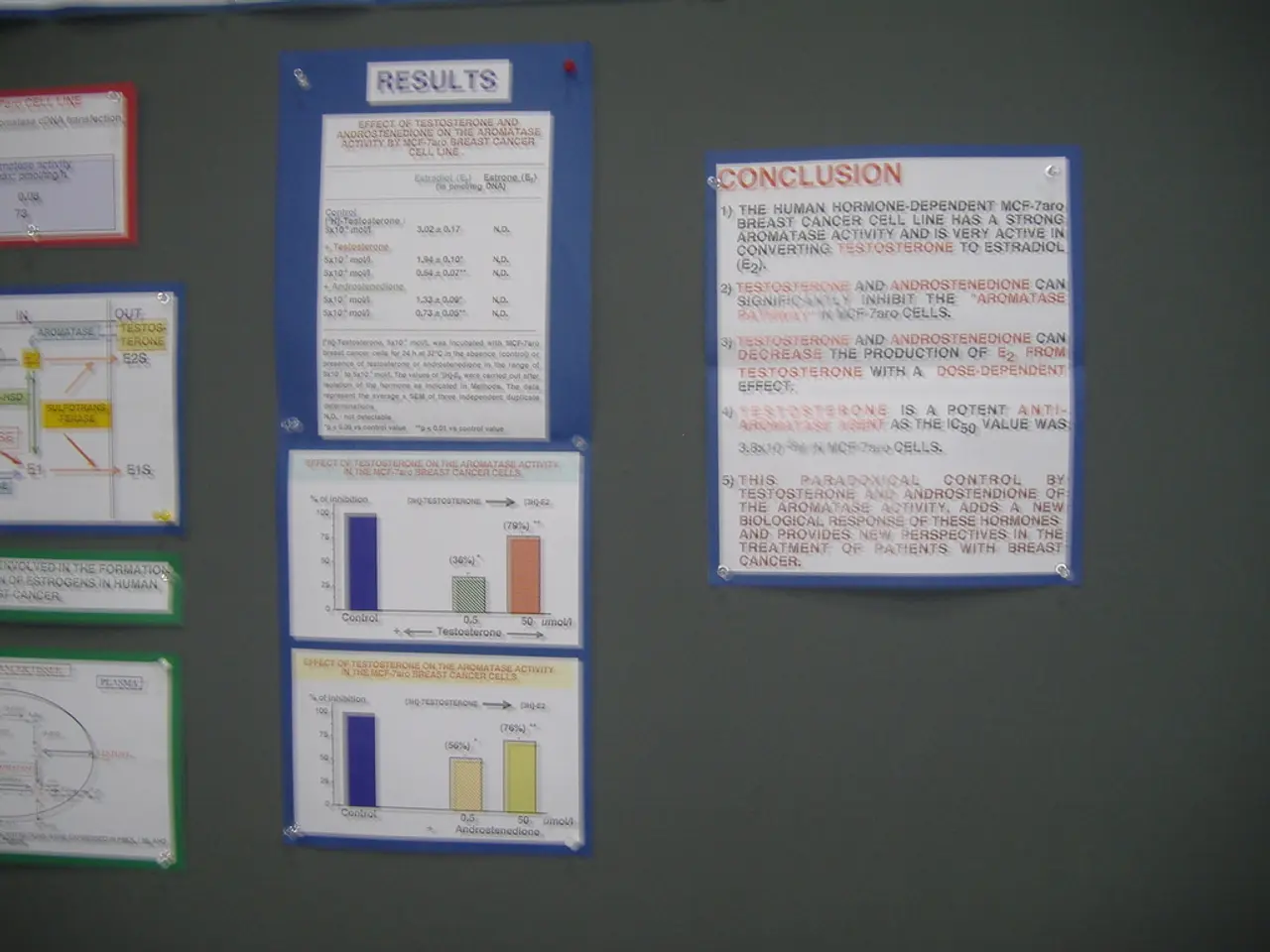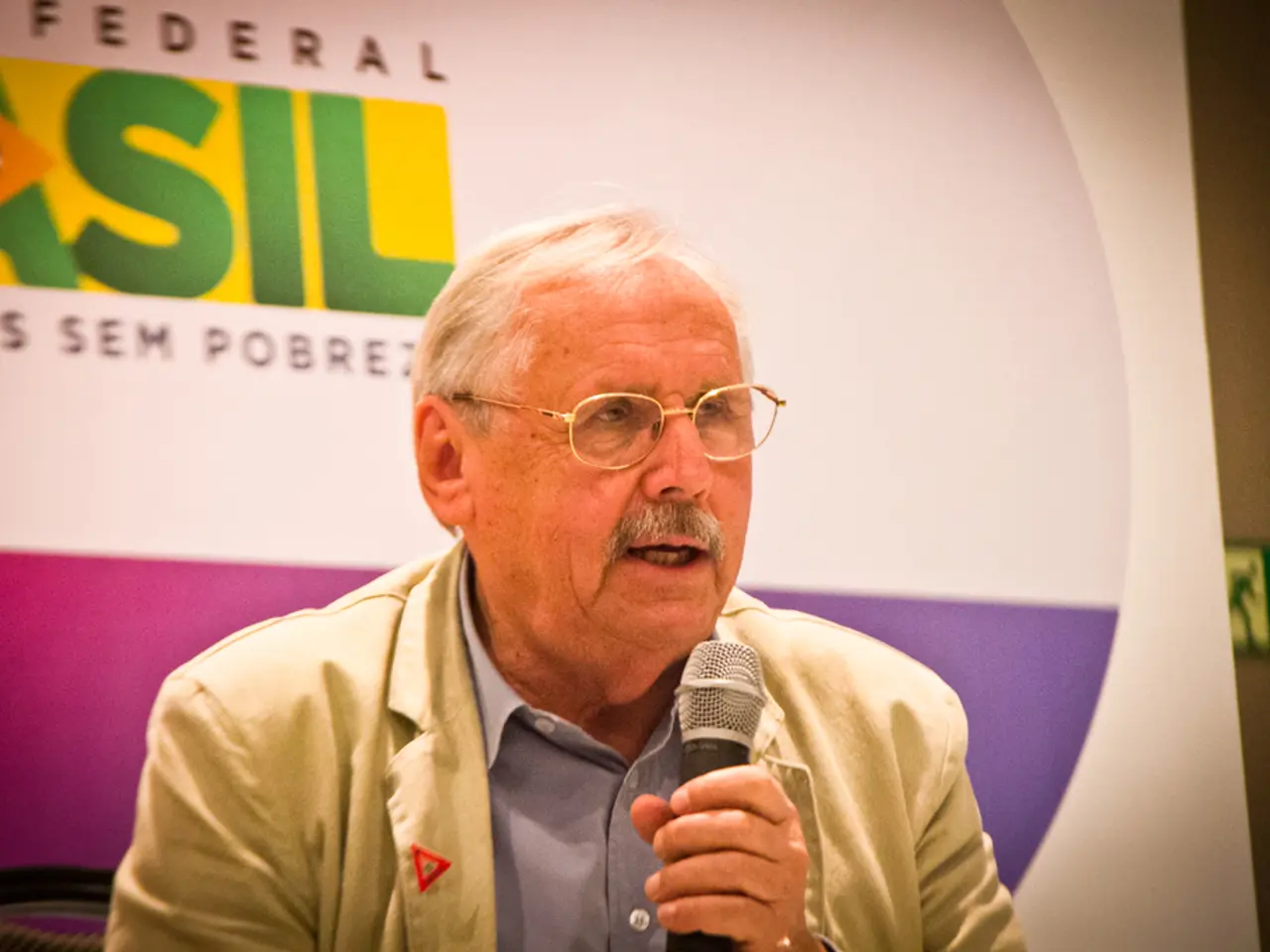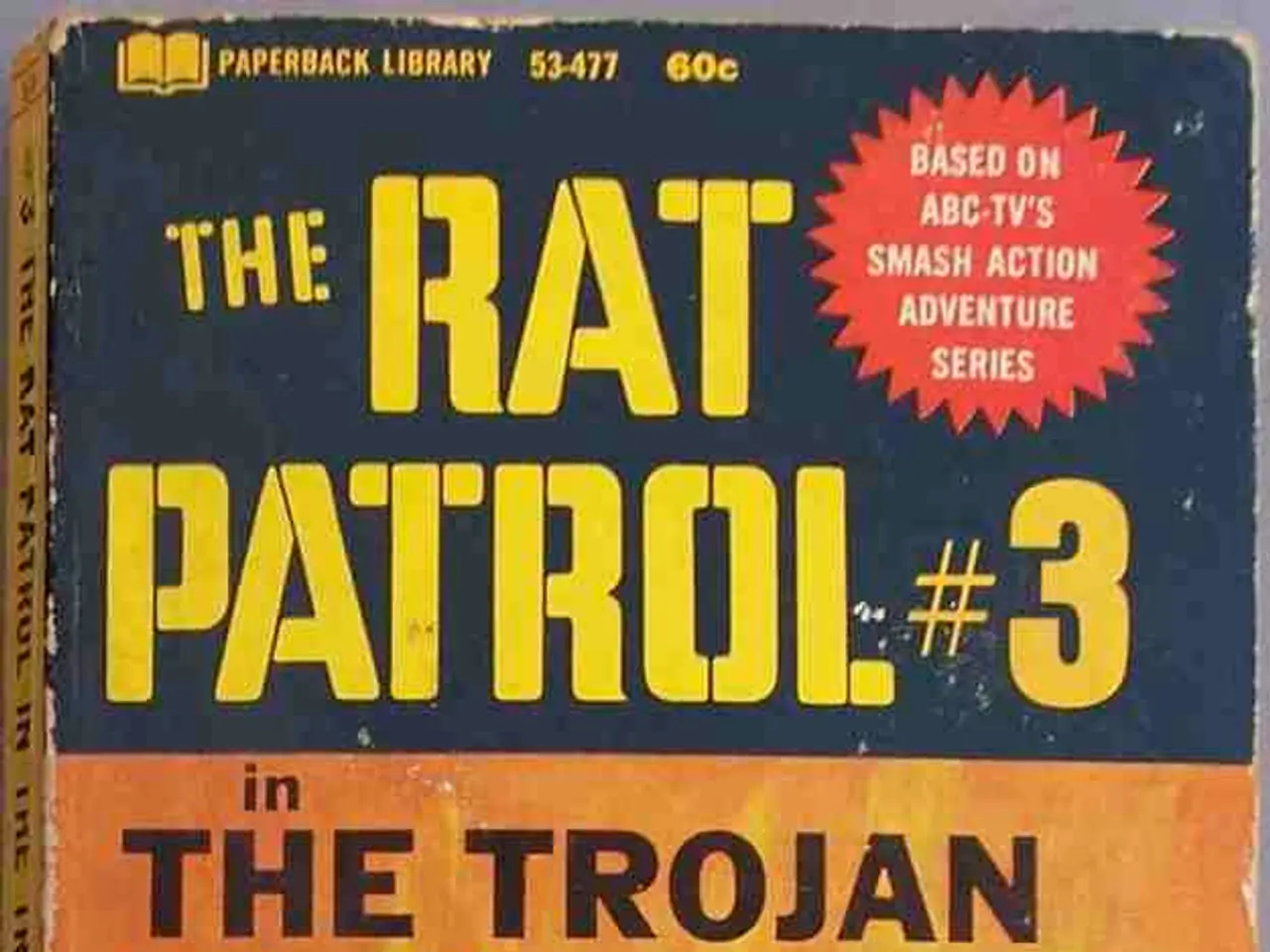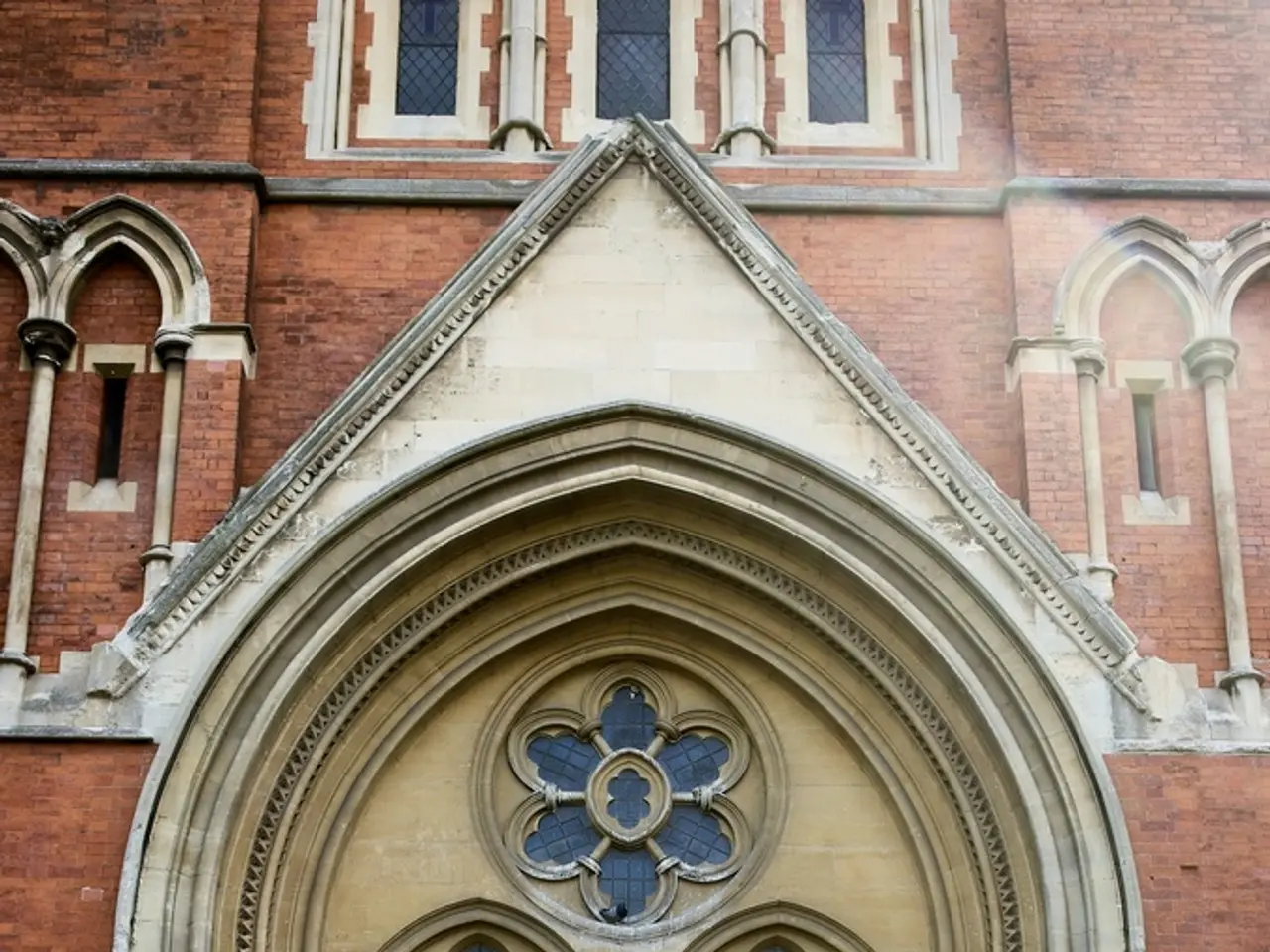Rwanda and Democratic Republic of Congo ink peace accord in Washington D.C.
In the heart of Washington D.C., the Democratic Republic of Congo (DRC) and Rwanda signed a historic peace agreement at the ministerial level. This monumental accord aims to bring an end to the long-lasting conflict in eastern DRC, which has unfortunately resulted in countless casualties following an offensive by the M23 armed group.
According to U.S. Secretary of State Marco Rubio, who led the signing ceremony, the peace agreement will become formalized by the presidents of both countries in the near future, commencing from this Friday.
The diplomatic event was attended by the foreign ministers of both nations, Rwandan Olivier Nduhungirehe and Congolese Thérèse Kayikwamba Wagner, who later met with US President Donald Trump. Trump enthusiastically declared that the signing of this agreement marks "a new chapter of hope in the region."
US to secure key minerals from the Congo's soil
The United States is eager to gain access to the mineral-rich lands of the DRC, as President Trump announced, "We are here today to celebrate a glorious triumph." The pact will enable the U.S. to secure "many of the Congo's mineral rights," crucial for the nation's technological industry, he added.
The agreement details the establishment of independent economic audits, anti-corruption mechanisms, and monitoring of the supply chain of minerals, infrastructure projects, and any potential future economic pacts.
The Democratic Republic of Congo and Rwanda path to a tranquil future
The Washington peace agreement, signed on June 18 at the technical level, was preceded by commitments made on April 25. These negotiations, which have been referred to as the Washington Agreement, were mediated by Qatar.
The pact pledges the creation of a "joint security coordination mechanism" within 30 days, geared towards promoting regional stability and development. The text underscores the commitment to fully respect human rights and international humanitarian law and their determination to actively promote lasting peace, stability, and integrated economic development throughout the region.
The terms of the agreement stipulate respect for each other's territorial integrity, a peaceful resolution of disputes, the prohibition of hostile acts, and support for such actions or armed groups. Both parties also commit to protecting civilians and humanitarian personnel by facilitating their freedom of movement and agree to facilitate the safe return of refugees and internally displaced persons, as well as the delivery of humanitarian aid.
A future anchored in cooperation and mutual benefit
The agreement supports the Stabilization Mission of the UN in Congolese territory (Monusco), and within three months, a framework for regional economic integration is planned to launch, which will support existing efforts. This framework will be designed to expand external trade and investment derived from regional supply chains of critical minerals and to introduce greater transparency to ensure the blocking of illicit economic routes.
The goal is for both parties to gain greater prosperity, particularly for the region's population, by harnessing the natural resources of the region through mutually beneficial associations and investment opportunities.
Speaking on the agreement, the Congolese representative stated, "This pact is the starting point, not the final goal. Today we have chosen peace. The important thing now is to protect it and show our people and the world that, even in a region marked by deep scars, dignity and cooperation can prevail. Therefore, our work really begins now."
Rwandan Foreign Minister Olivier Nduhungirehe added, "With this agreement, we open a new chapter that demands not only commitment but also the courage to carry it out." "By signing it, we reaffirm a simple truth: peace is a choice, but also the responsibility to respect international law, defend human rights, and protect the sovereignty of states," he concluded.
- The agreement between the Democratic Republic of Congo and Rwanda includes policies that focus on independent economic audits, anti-corruption mechanisms, and the monitoring of supply chains, not just for minerals but also for infrastructure projects and potential future economic deals, aiming to ensure greater transparency and block illicit economic routes.
- Rwanda's Foreign Minister, Olivier Nduhungirehe, expressed that the signing of the peace agreement between the two nations opens a new chapter that demands not only commitment but also courage, emphasizing that peace is a choice that entails respect for international law, the defense of human rights, and the protection of state sovereignty.






